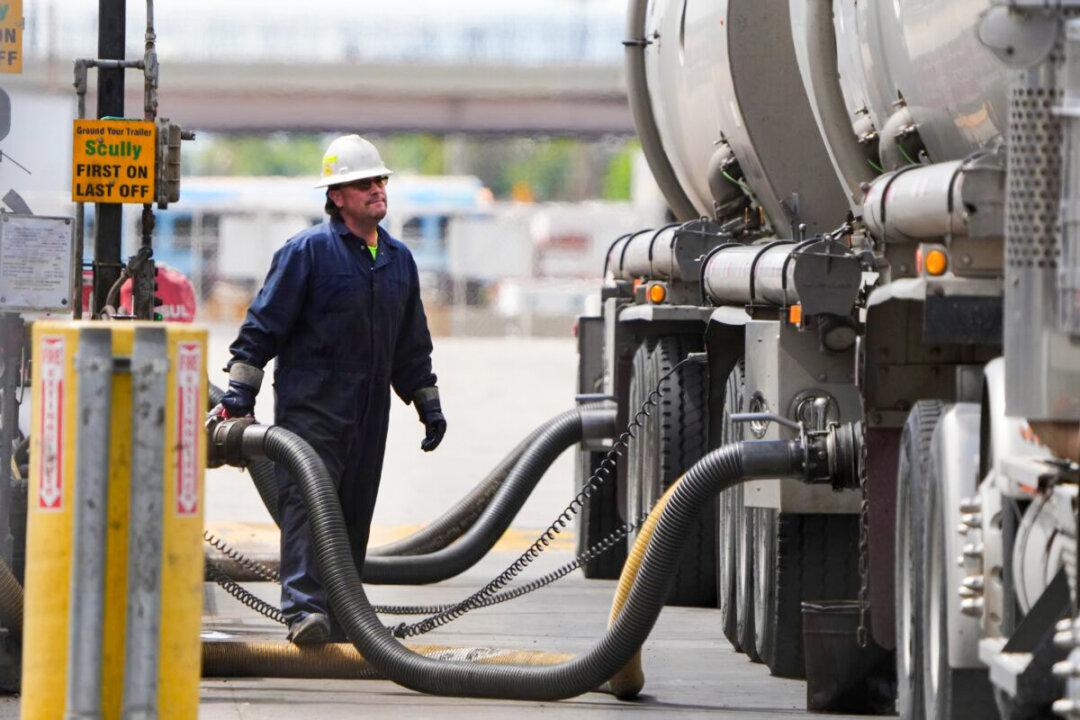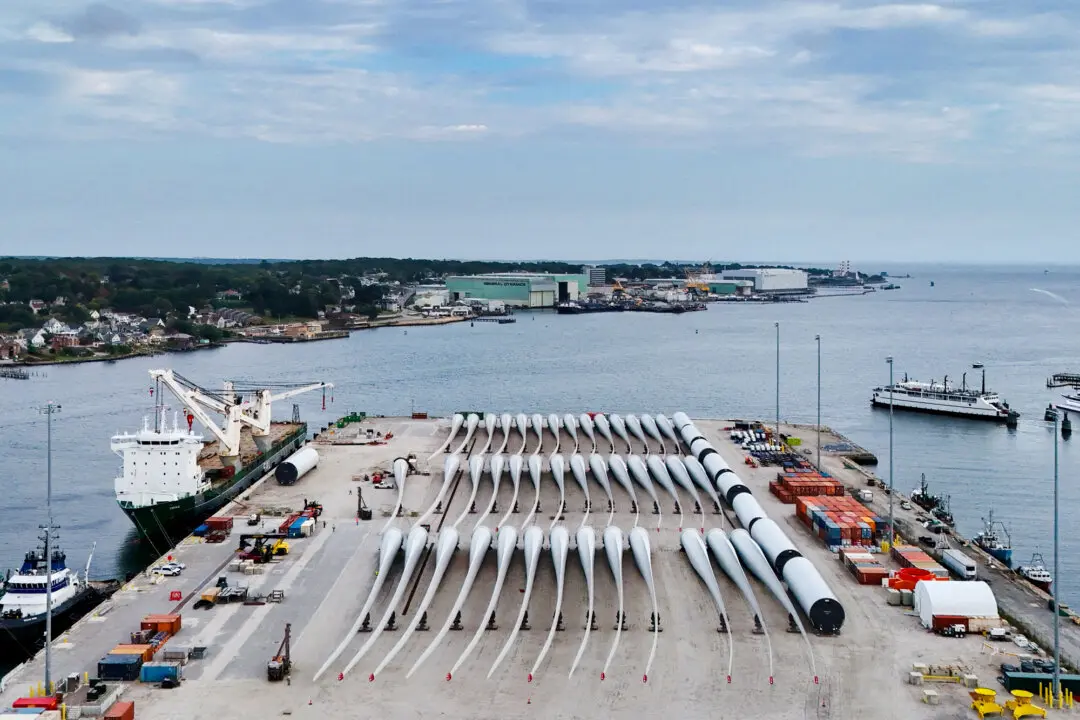U.S. fossil fuel companies responded on June 15 to President Joe Biden’s June 14 letter that accused them of profiteering and driving up gas prices during a “time of war.”
Biden’s letter blamed gas prices, which have skyrocketed from $2.53 per gallon when he took office to about $5 today, on “Putin’s war of aggression” and greedy corporations, ignoring his own efforts to suppress American fossil fuel production. Since taking power in January 2021, the Biden administration has worked relentlessly across multiple agencies to carry out a campaign pledge in which he stated, “I guarantee you we are going to end fossil fuel.”





